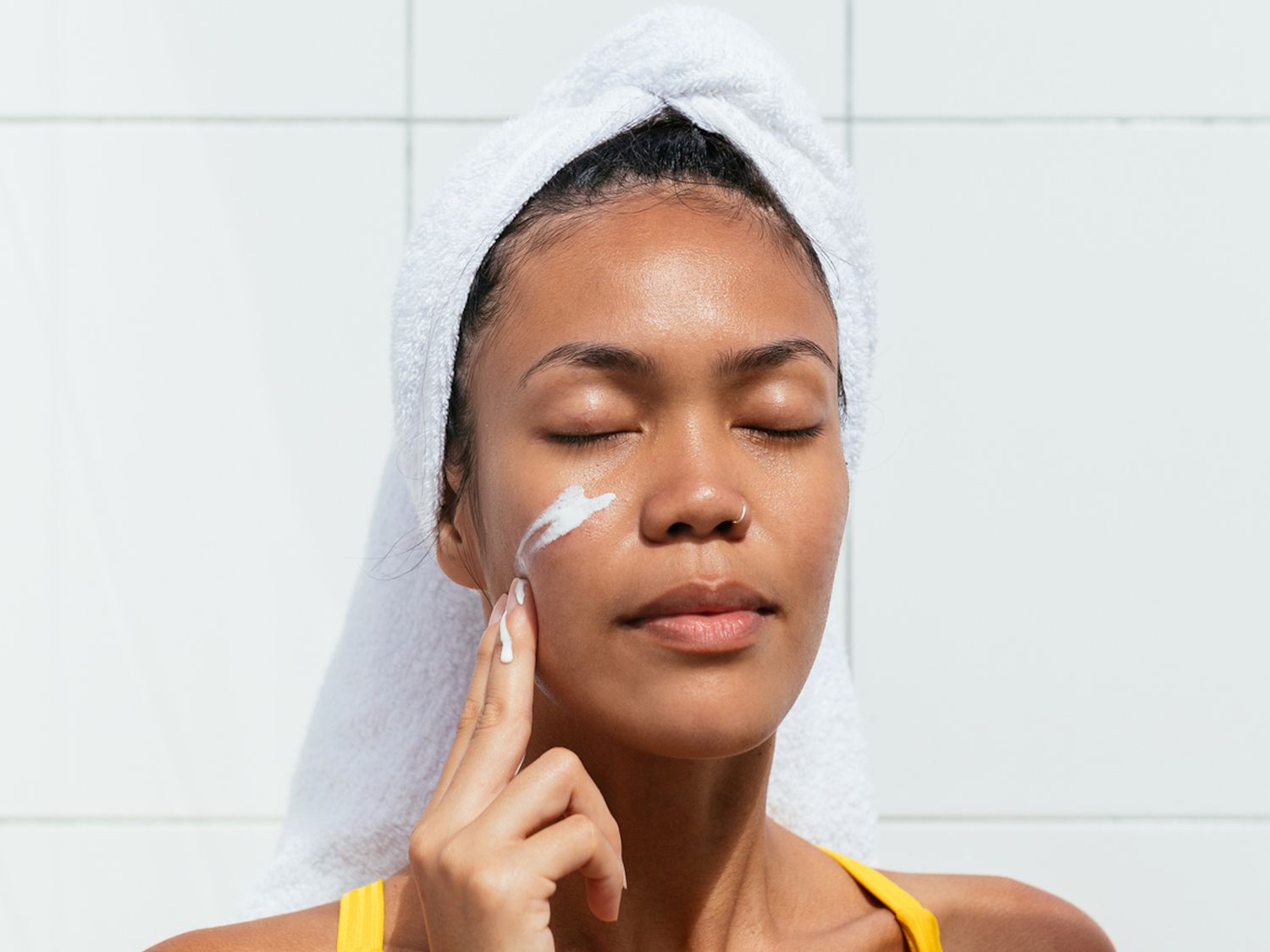Skin cancer is a significant public health concern, and radiation protection plays a vital role in its prevention. Excessive exposure to ultraviolet (UV) radiation is a known risk factor for skin cancer. By understanding the importance of radiation protection and implementing various preventive measures, individuals can significantly reduce their risk of developing this potentially life-threatening disease.
UV radiation, emitted by the sun and artificial sources like tanning beds, is a form of electromagnetic radiation. When UV radiation penetrates the skin, it can damage the DNA in skin cells, leading to mutations that can trigger the development of skin cancer. The two most common types of skin cancer, basal cell carcinoma, and squamous cell carcinoma, are typically less aggressive but still require medical attention. Melanoma, on the other hand, is a more aggressive and potentially deadly form of skin cancer that can spread to other parts of the body.
To effectively prevent skin cancer, it is crucial to protect oneselffrom excessive UV radiation. Here are several ways to protect yourself and reduce your risk:
Seek shade: When the sun’s rays are strongest, usually between 10 a.m. and 4 p.m., seek shade or create your own shade using umbrellas, canopies, or trees. This helps minimize direct exposure to intense UV radiation.
Wear protective clothing: Opt for tightly woven, loose-fitting clothing that covers as much skin as possible. Long-sleeved shirts, long pants, and wide-brimmed hats provide excellent protection against UV radiation. Some clothing is even equipped with a UPF (Ultraviolet Protection Factor) rating, which serves as an indicator of the level of sun protection it offers.
Apply sunscreen:A sunscreen is an essential tool in protecting your skin. Opt for a sunscreen with an SPF of 30 or above, offering broad-spectrum protection. Apply it generously to all exposed skin, even on cloudy days, and reapply every two hours or more frequently if sweating or swimming.
Wear sunglasses: Protect your eyes from UV radiation by wearing sunglasses that block 100% of UVA and UVB rays. Look for sunglasses with a label indicating their UV protection level.
Avoid tanning beds: Tanning beds emit harmful UV radiation that can significantly increase your risk of developing skin cancer. It is best to avoid them entirely and opt for safer alternatives like sunless tanning products.
Conduct regular self-examinations: Familiarize yourself with the moles, freckles, and other skin marks on your body. Regularly check for any changes in their size, shape, color, or texture. If you notice anything unusual or concerning, consult a dermatologist promptly.
Get professional skin checks: Regular visits to a dermatologist for a thorough skin examination can help detect any signs of skin cancer early on. Dermatologists are skilled in identifying suspicious lesions and can provide appropriate treatment if necessary.
Be mindful of medications: Certain medications, such as some antibiotics and anti-inflammatory drugs, can increase your skin’s sensitivity to UV radiation. If you are taking any medications, consult your healthcare provider to determine if additional precautions are needed.
Stay informed about UV index: The UV index provides information about the intensity of UV radiation in your area. Check the UV index daily and adjust your outdoor activities accordingly. Higher UV index values indicate a greater need for protection.
Promote sun-safe behaviors: Educate your family, friends, and community about the importance of radiation protection and sun-safe practices. Encourage others to adopt preventive measures and spread awareness about skin cancer risks.
In conclusion, radiation protection is crucial for skin cancer prevention. By following these preventive measures, individuals can significantly reduce their exposure to harmful UV radiation and minimize the risk of developing skin cancer.
Chandra Ganjoo, Group Chief Executive Officer, Trivitron Healthcare

















